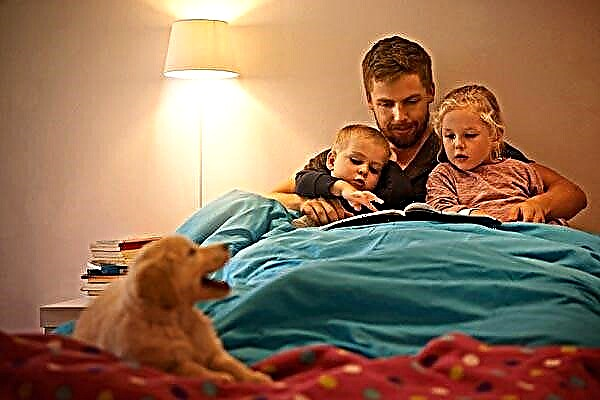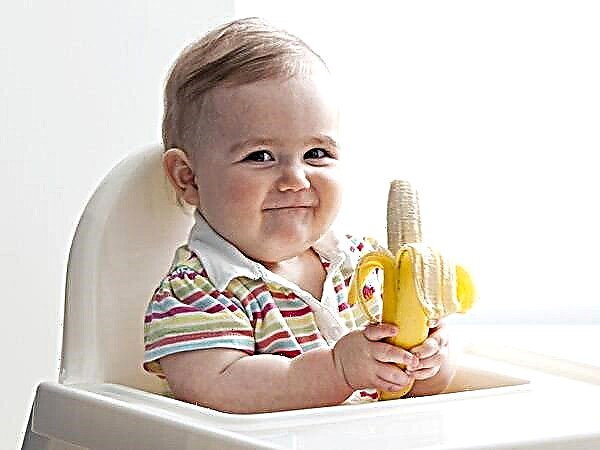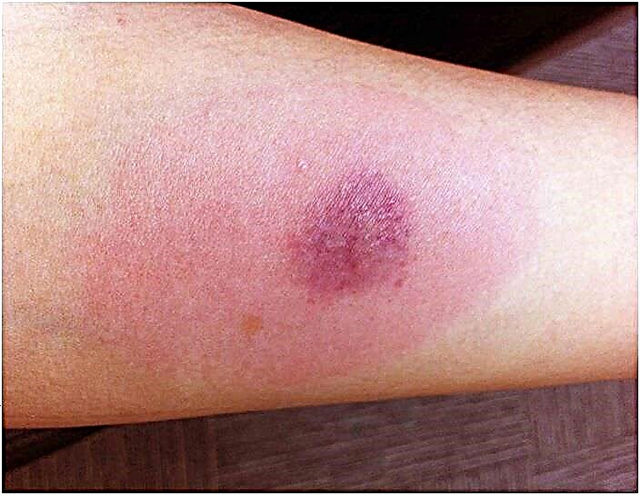Apart from hygiene considerations, a warm bath can be a pleasant and relaxing experience for your little one. But is it necessary to bathe a newborn every day? This is a constant question for parents, because they are worried that the baby's skin is so delicate, and it is easy to dry it out from exposure to soap and other detergents.

Baby in the bath
The importance of the first bath
Bathing a newborn baby for the first time after leaving the hospital is one of the most exciting moments in a parent's life. The first experience is very important for the baby, as it will form his attitude towards this procedure for a long time.
Not all pediatricians recommend bathing the baby on the day of discharge, especially if the umbilical cord with a clothespin has not yet disappeared. It will be enough to gently wipe the skin with a sponge or cloth dampened with water. On the second or third day, you can immerse the baby in the bath. Although many experts believe that already on the first day, the child is ready for water procedures.

First bath
In addition to hygiene, the benefits of bathing include:
- activation of blood circulation and metabolic processes;
- hardening effect;
- a relaxing effect on the muscles, which is especially useful for muscle hypertonia;
- stimulation of immunity;
- easing intestinal colic.
Important! During the first bath, the umbilical wound is still open, so the bathing water must be boiled. Bacteria and microorganisms are likely to be present in running water.
The old recommendations on adding potassium permanganate to water to disinfect it are refuted today, since the doses of the substance necessary to destroy microbes are so large that they can burn the baby's skin, and weak solutions are useless.
Swimming in case of a cold
Whether it is possible to bathe a newborn baby with a cold depends on the severity of its symptoms. If the baby just has a cough or a runny nose, then you should not give up taking baths. They will even be useful, as they help to remove toxins and microbes secreted through the sweat glands. If the baby has the flu with a fever, then swimming is not allowed, because complications may develop.
Parents often wonder whether they can bathe their children if they have chickenpox. This may not be resolved only at the onset of the disease, when the body temperature is elevated. After its decline, the baby can take baths with the addition of a decoction of celandine or medicinal chamomile, which will relieve the itching and will favor the healing of ulcers. It is not recommended to wash your baby with a washcloth using soap or shampoos.
Important! Vaccination, including vaccination against hepatitis, is not an obstacle to bathing, only in case of negative reactions to the vaccine administration.
Conjunctivitis, or inflammation of the mucous membrane of the eye, sometimes with suppuration, can also be accompanied by fever, especially if the disease is not associated with an allergy, but an infection. During this period, the baby should not swim. After relieving his condition, water procedures can be resumed, but without using soap and with caution, avoiding water getting into the eyes.
Bathing accessories
The first bath can be difficult due to lack of experience, then everything will go much faster. Before starting the procedure, everything must be prepared:

Bathing accessories
- Arrange a bathing area. It is best to place the baby bath next to the changing area and baby clothes so as not to carry a wet baby;
Important! Be sure to take care of the correct air temperature in the bathing area. Its optimum value is 25ºC.
- Lay out children's bathing supplies in advance: soap (shampoo), a sponge or mitten, a towel, napkins, a ladle to rinse with water;
- After bathing, you may need hygiene products: cream, brilliant green, cotton swabs, boiled water for washing the eyes, baby powder, etc.;
- Dressing the baby after bathing is done very quickly so that the baby does not catch a cold. Therefore, clothes should be at hand;
- The water temperature in the bathtub for a newborn baby should be around 37ºC. To control it, you need a water thermometer;
- The duration of the first baths is only a few minutes. Therefore, you need to put a clock nearby.
Important! While taking a bath, you must be careful not to make sudden movements so as not to frighten the baby. You need to do everything calmly and smoothly, talking with the child, so that he feels safe.
Optimal bathing frequency
The opinions of experts on the frequency of bathing are divided. Those who advocate the need for a daily bath explain why this is important, not only by hygiene, but also by the need to form an emotional bond between parent and child, as well as a hardening effect.
Other pediatricians do not understand why a newborn needs to be bathed every day, because a child under one year old practically does not get dirty, except for the diaper area, which can be looked after without daily bathing.
Important! Excessive bathing can remove the protective layer of fat in your skin and make your baby more susceptible to infections and rashes.
In the summer months, when the baby sweats more, daily baths are permissible, and in extreme heat it is possible to carry out them repeatedly throughout the day. Is it possible to wash a child with shampoo and soap? No, it is not recommended to use them more than once every 3 days.
In winter, especially if it is impossible to ensure the proper temperature in the room for water procedures, it is enough to bathe the baby twice or three times a week.
In the spring, bathing has the greatest hardening effect, so you can do it every day, periodically pouring water on the baby at a lower temperature (1-2ºC less) than the temperature of the bath water.

Tempering douches for the baby
When and for how long to bathe a baby
As for the bathing schedule, then any time of the day is suitable for taking a bath.
Important! You should avoid water procedures immediately after feeding, as this can provoke regurgitation.
Many parents consider the best time to be in the evening when bathing becomes a ritual before falling asleep. It promotes healthy sleep habits by helping your baby relax.
The duration of the first bathing is no more than 3 minutes, it can be gradually increased, bringing it up to 20 minutes.
Important! You should not allow your baby to stay in water for a long time, which contains foam from soaps and shampoos.
Bathing and washing
The process of washing the baby is purely hygienic, ensuring the cleanliness of the diaper area, and bathing contributes to the improvement of the physical and emotional state of the baby, the formation of mutual affection between him and the parents.

Washing the baby
What to do after swimming
Some of the procedures to complete your baby's bath:
- The skin of the baby is dried with a towel without rubbing, just gently blotting;
- If the wound on the navel has not yet healed, it is treated;
- To prevent diaper rash, baby cream is applied to the folds;
- A special oil for children is applied to dry skin;
- Redness on the skin and in the folds is treated with a powder;
- All water droplets are carefully removed from the ear area, and a cap is put on;
- The diaper is put on, then the rest of the clothes.
Whether a baby will fall in love with swimming depends on his first experience with water. By following the recommendations, parents can make bathing for their baby a great pleasure for themselves and him.



